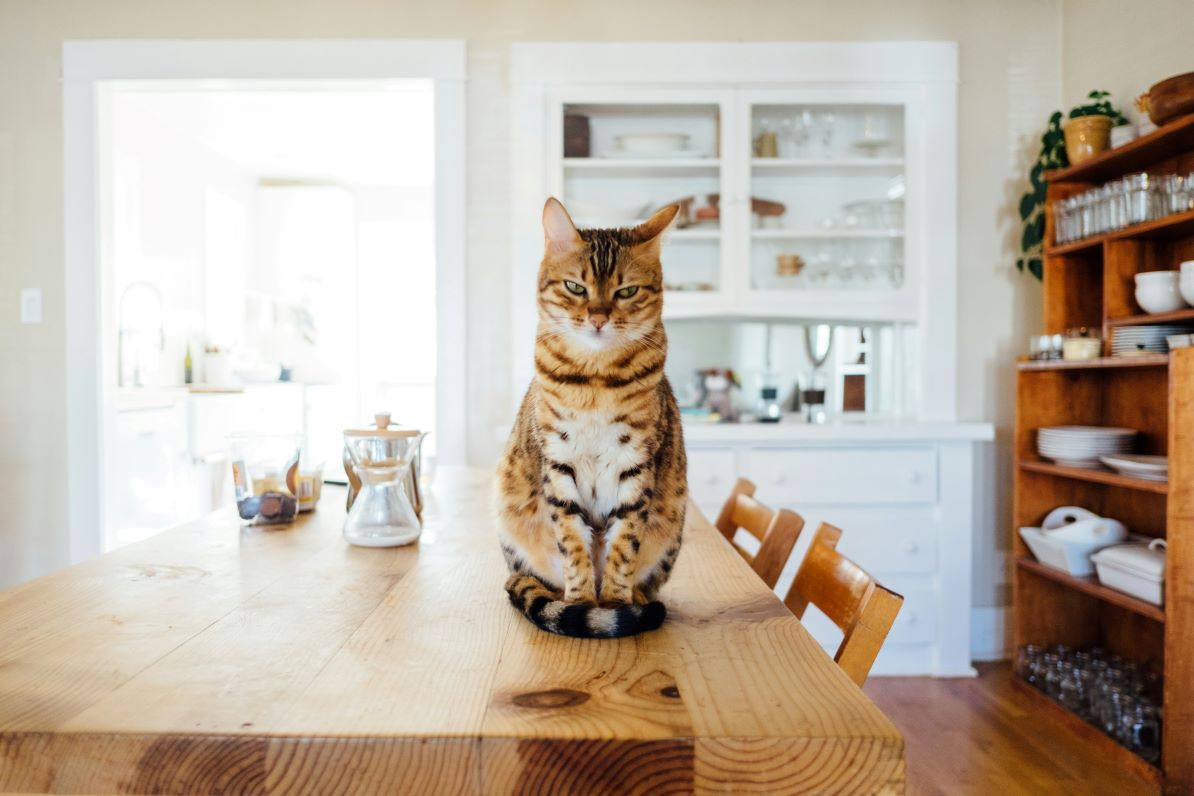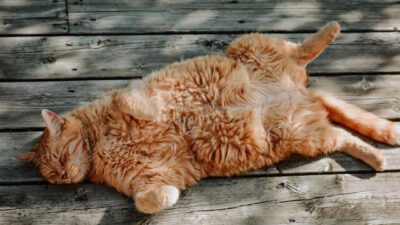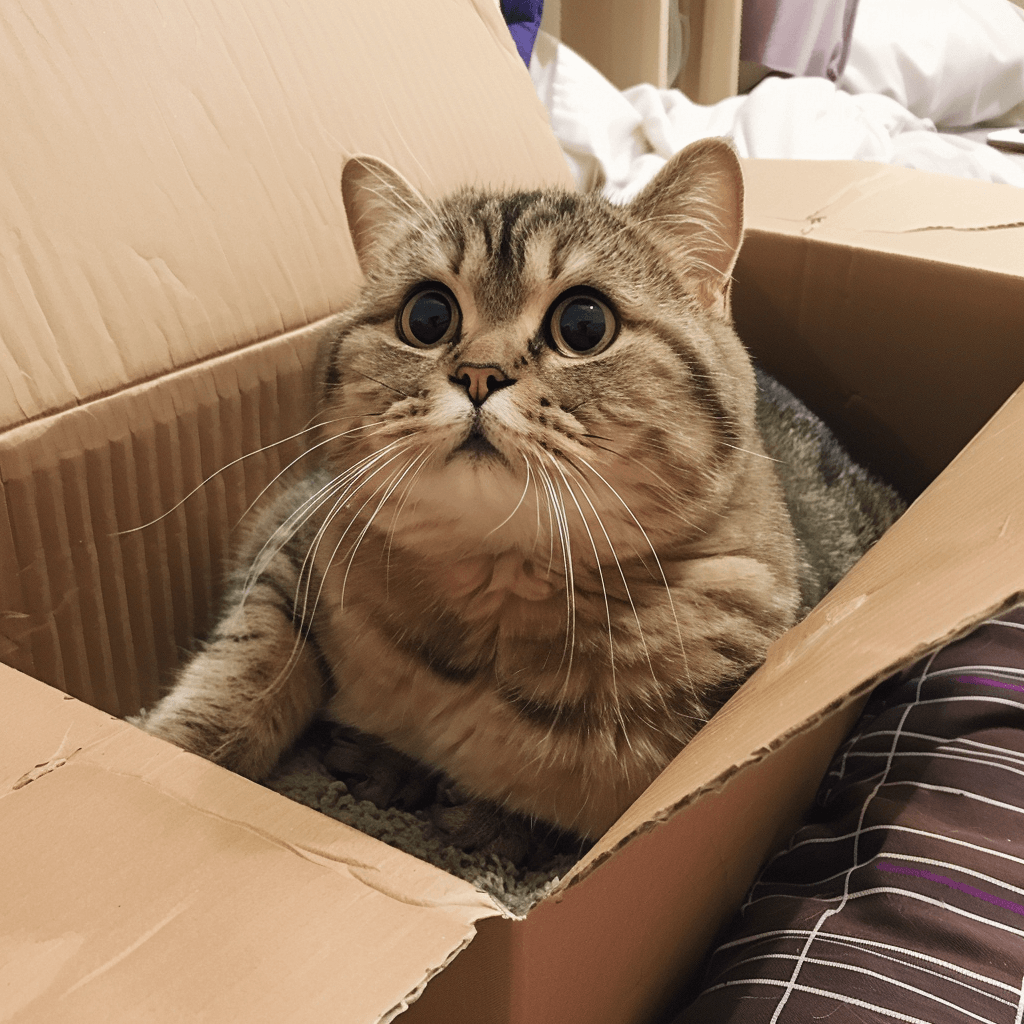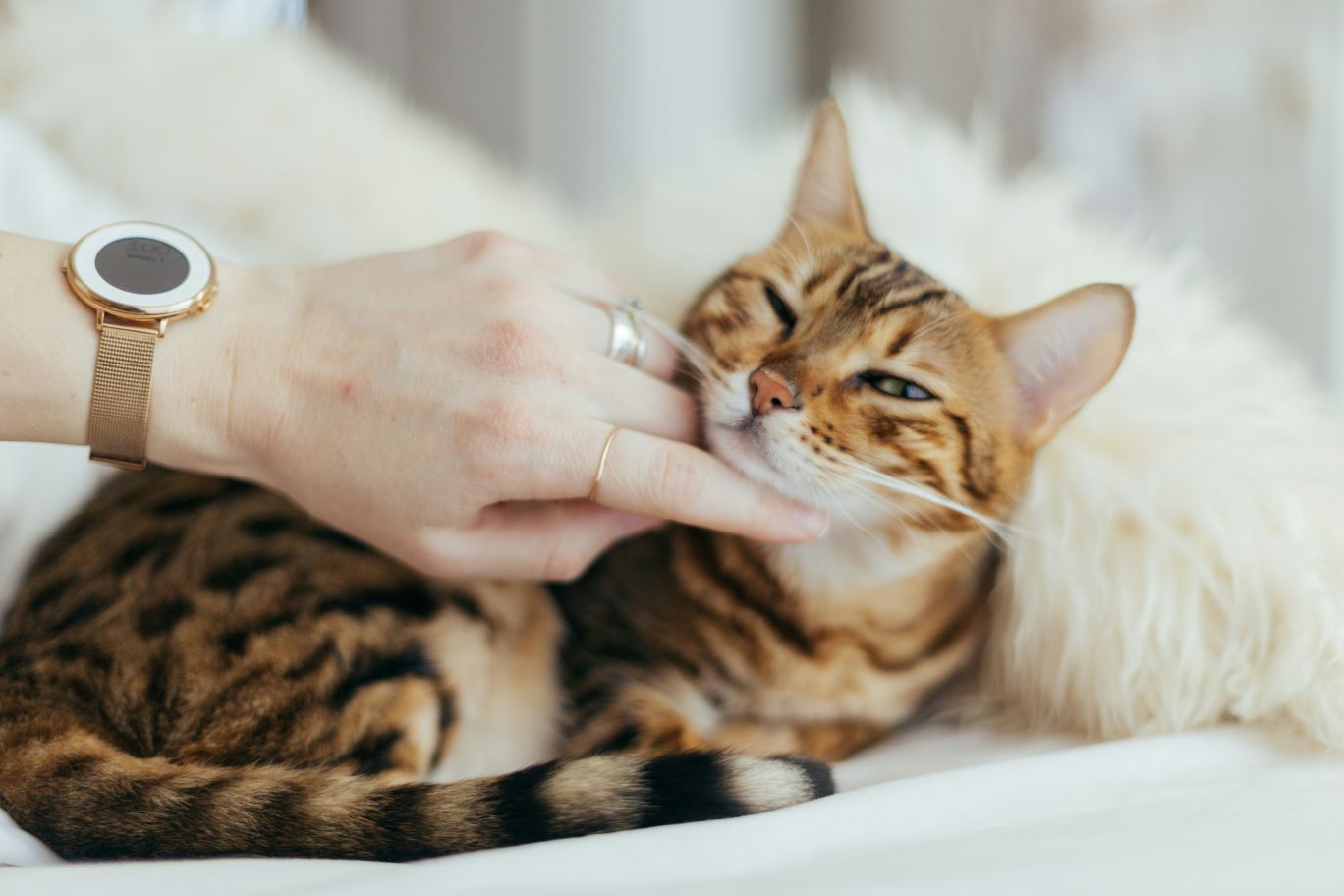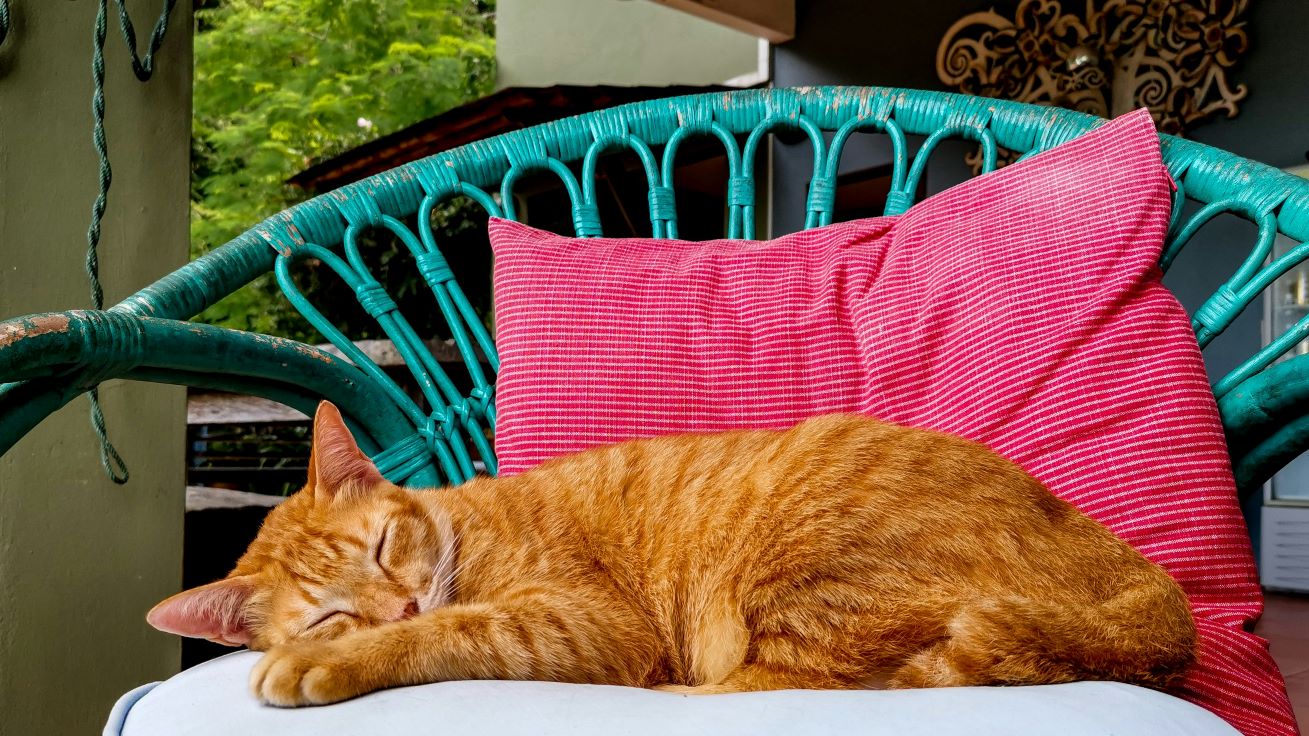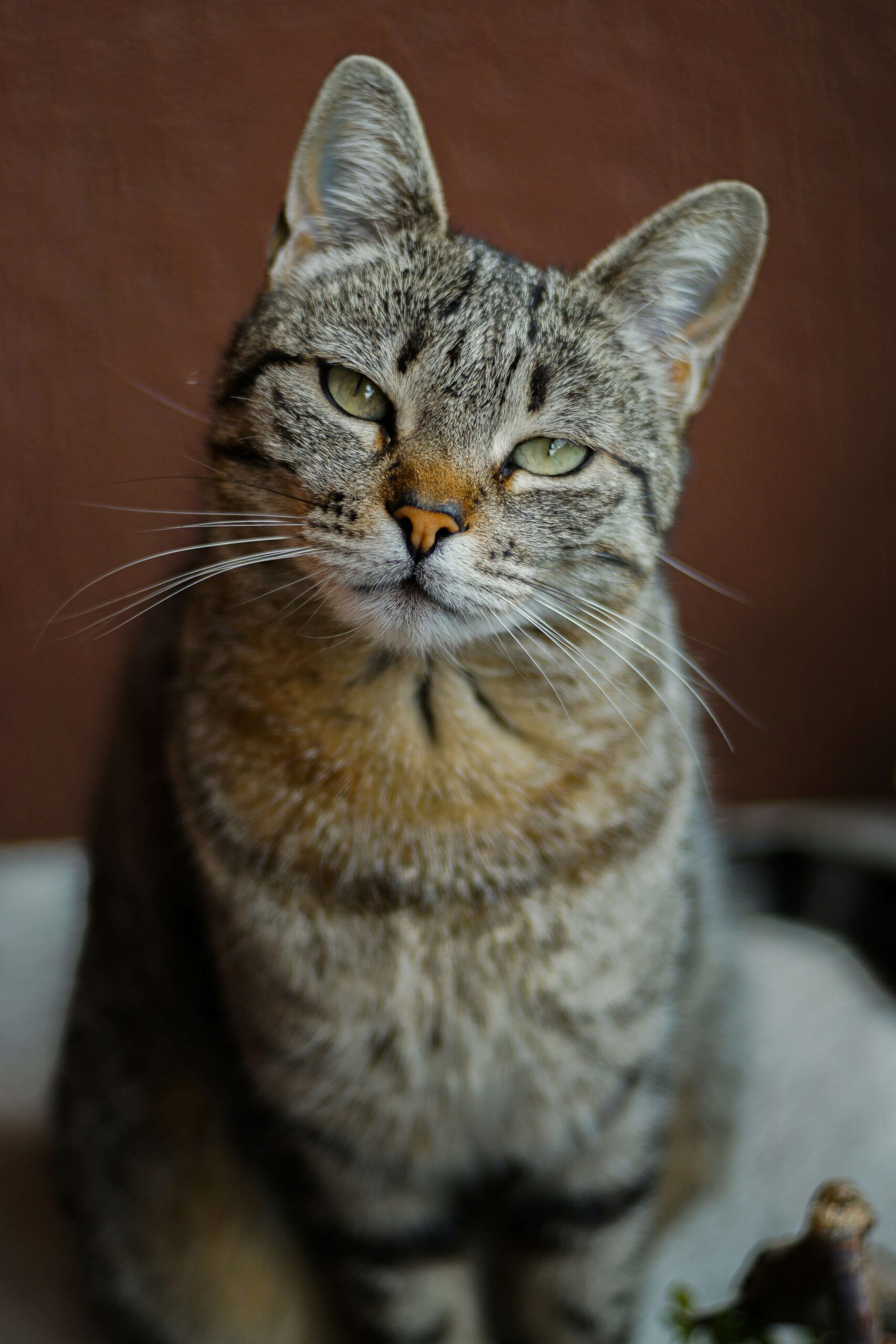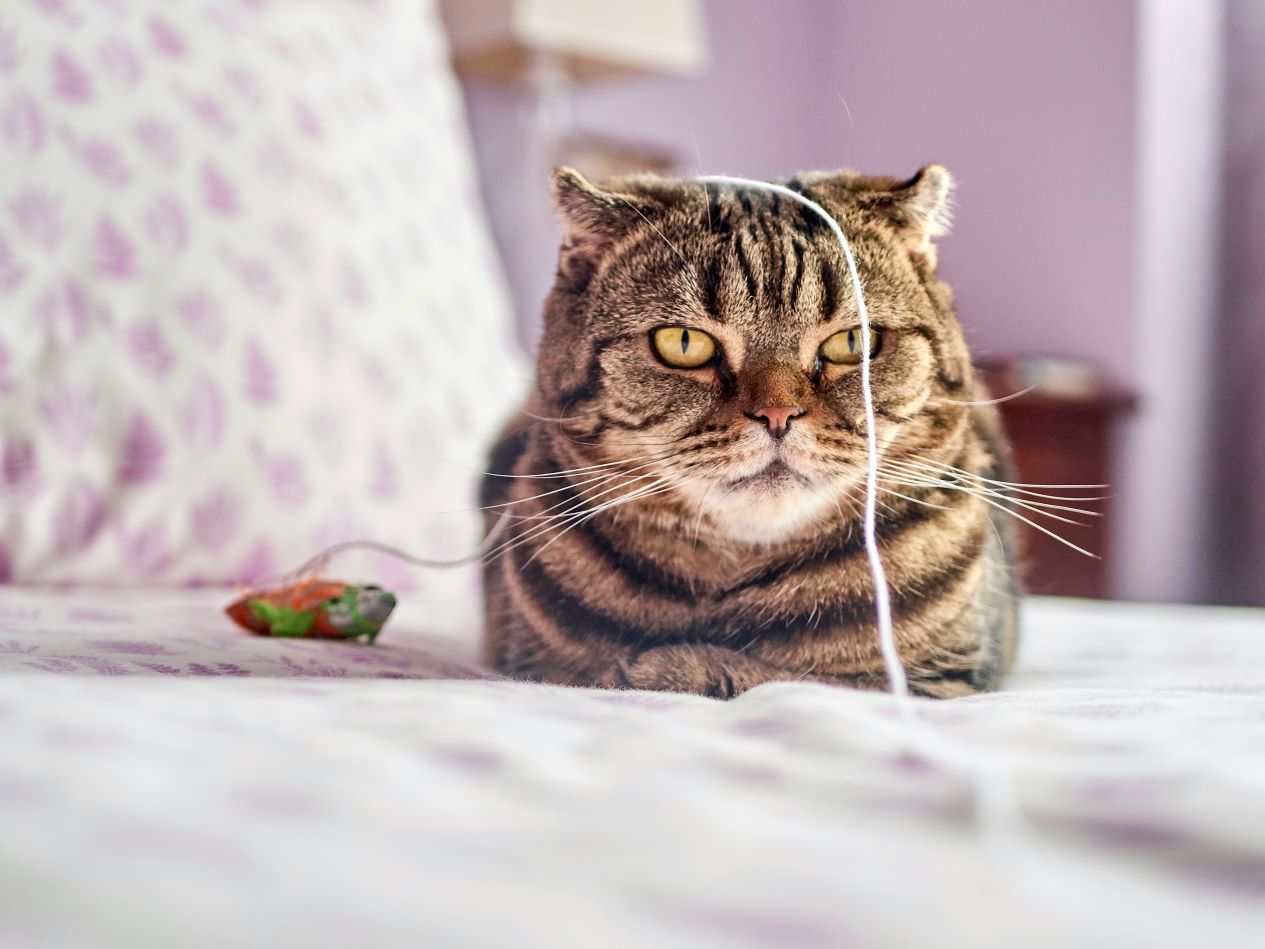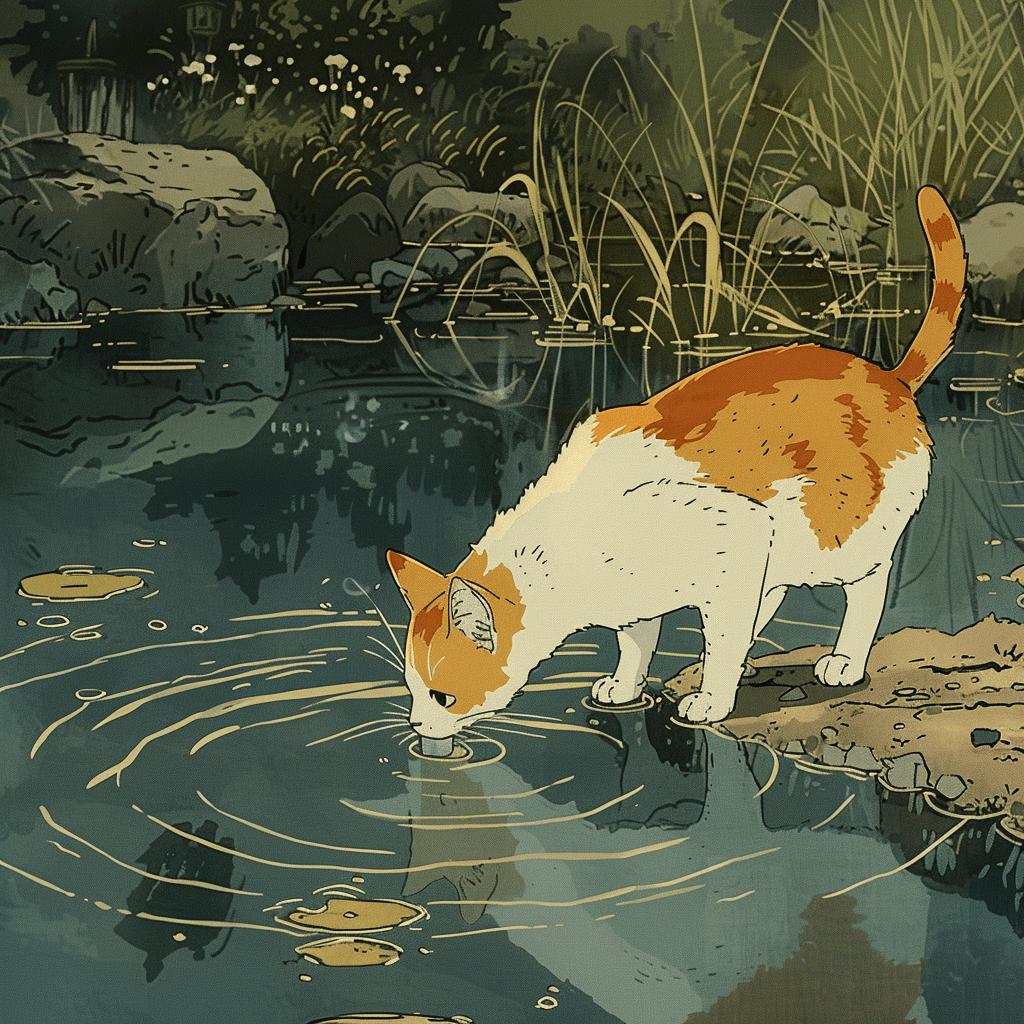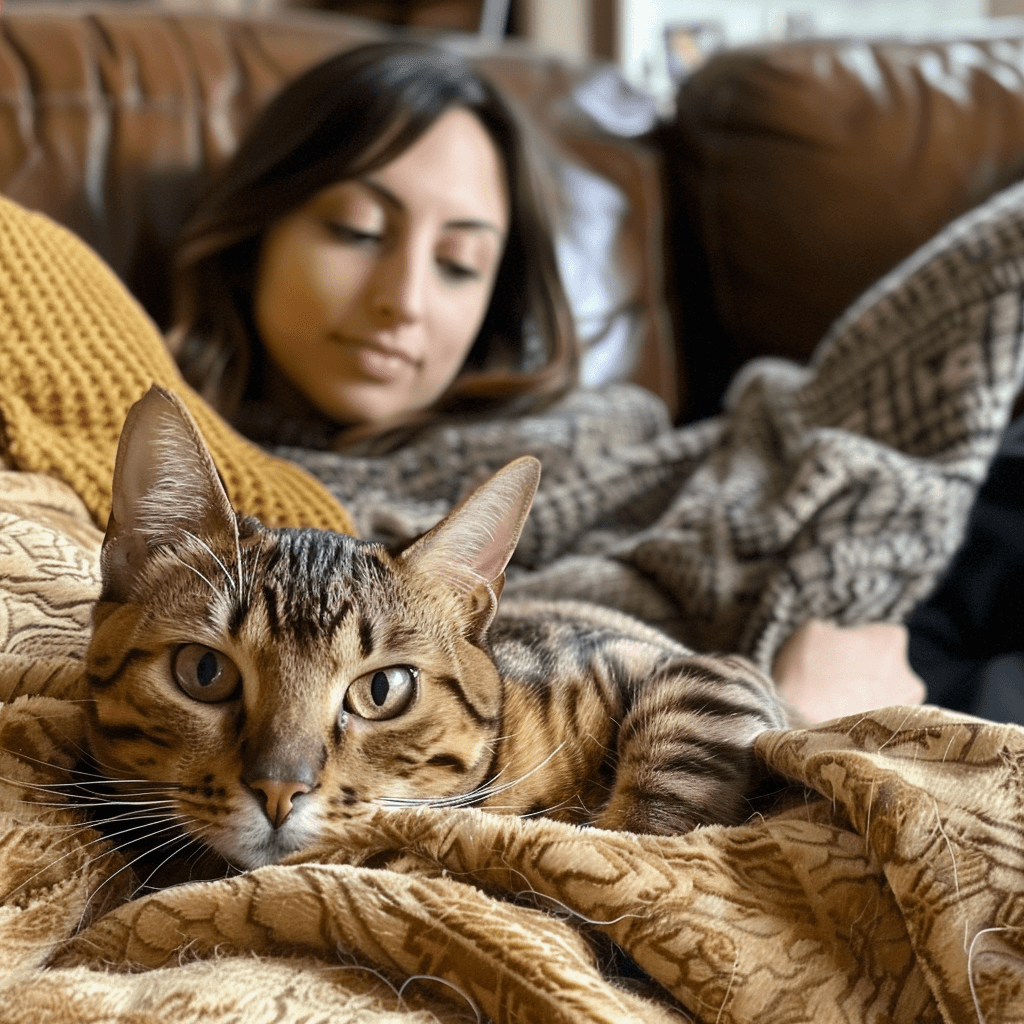Understanding Your Tabby’s Nutritional Needs
Ensuring a balanced diet for your tabby cat is crucial for their well-being. From the playful orange tabby to the striking mackerel tabby cat, each brings a unique personality to our lives, and understanding their nutrition needs is key to keeping them healthy. This guide, infused with nutritionist-approved advice, delves into the optimal diet for tabby cats, shedding light on the ideal balance of nutrients for cats, regardless of their breed or personality.
Protein: The Heart of Cat Diets
Cats, including the vibrant orange tabby and the patterned mackerel tabby, are obligate carnivores. This means their diet must primarily consist of animal-based proteins to support their energy levels, muscular health, and overall vitality. Cat nutrition needs are distinct, and a diet mimicking what tabby cats eat in the wild, rich in proteins and low in carbohydrates, is ideal.
Fats and Fatty Acids: Essential for Energy and Health
Fats are not just a primary energy source; they’re crucial for the absorption of vitamins and for maintaining a healthy coat and skin. Omega-3 and omega-6 fatty acids, in particular, are beneficial, supporting cognitive functions and contributing to a lustrous coat, something especially noticeable in the sleek coat of a mackerel tabby cat.
Selecting the Right Food for Your Tabby
Dry vs. Wet Food: A Balanced Approach
The debate between dry and wet food for cats encompasses various factors, including hydration and dental health. While dry food can be beneficial for dental care, wet food offers hydration and is often more appealing to picky eaters. Incorporating both into your tabby’s diet, especially considering the diverse tabby cat personality traits, ensures they receive the benefits of both.
Reading Cat Food Labels with Care
Choosing the right cat food involves more than just picking the first bag or can you see. Look for foods that meet the AAFCO’s nutritional standards, ensuring they’re “complete and balanced.” This is particularly important for specific dietary needs, such as those of an orange tabby cat requiring tailored orange tabby cat nutrition.
Special Dietary Needs and Considerations
Weight Management and Health
A healthy cat diet is crucial for preventing obesity, a common issue among domestic cats. This is where understanding the domestic cat diet and portion control becomes essential. Regular veterinary visits will help keep track of your tabby’s weight and adjust their diet as necessary.
Nutritional Needs Through Life Stages
The dietary requirements of tabby cats change as they age. Kittens need a nutrient-rich diet to support their growth, adults require a balanced diet for maintenance, and seniors may need adjustments for chronic health issues. Each stage requires attention to ensure a diet that supports their life stage needs.
The Role of Supplements and Treats
Supplements: When Are They Necessary?
While a well-balanced diet should cover all the bases, certain health conditions may necessitate supplements. Omega-3 supplements, for example, can support skin health, beneficial for cats with dermatological issues.
Treats: A Little Goes a Long Way
Treats can strengthen the bond between you and your tabby but choose them wisely. Opt for low-calorie options and remember that treats should only constitute a small percentage of their overall caloric intake.
Ensuring Proper Hydration
Access to fresh water is non-negotiable for all cats, particularly if their diet leans heavily on dry food. A well-hydrated cat is a healthy cat, supporting vital functions and overall health.
Conclusion
Feeding your tabby cat a diet that meets their nutritional requirements is fundamental to their health and happiness. Whether you’re catering to the energetic personality of a female tabby cat or the laid-back nature of a classic tabby, understanding and meeting their dietary needs will ensure they lead a long, joyful life by your side.
Frequently Asked Questions
What is a good diet for a tabby cat?
A good diet for a tabby cat includes high-quality, meat-based cat food that’s rich in proteins and fats, with minimal grains or fillers. Both wet and dry foods can be part of this balanced diet.
How healthy are tabby cats?
Tabby cats are generally healthy, but like all cats, they can be prone to certain breed-specific health issues. A proper diet, regular exercise, and routine veterinary check-ups contribute to their overall health.
How much should a tabby cat eat?
The amount a tabby cat should eat depends on its age, size, and activity level. On average, adult cats may eat about 200 to 300 calories per day. Always check the feeding guidelines on your cat food’s label and consult with your vet.
What’s special about tabby cats?
Tabby cats are known for their striking coat patterns and engaging personalities. They’re highly adaptable, affectionate, and make excellent companions, showcasing a wide range of colors and markings that add to their charm.
What is a tabby cat’s diet?
A tabby cat’s diet should be primarily composed of animal proteins, with cat food formulations that support their carnivorous needs. This can include a mix of wet and dry foods to provide variety and ensure hydration.
Do tabbies eat anything other than cat food?
While tabbies can eat small amounts of certain human foods as treats, their diet should mainly consist of specially formulated cat food. Always avoid toxic foods like onions, garlic, chocolate, and anything containing xylitol.
Do tabbies ever stop eating so much?
If your tabby seems constantly hungry despite a feeding schedule, it’s important to assess their diet’s nutritional value and consult a vet. Overeating can be a sign of nutritional deficiencies or health issues.
What is the best food for an orange tabby cat?
The best food for an orange tabby cat, as with any cat, is a high-quality, balanced diet rich in animal proteins. Orange tabbies can benefit from the same nutritious diet recommended for all tabby cats.
Why does my 7-month-old tabby cat eat so much?
Young tabby cats, like your 7-month-old, are in a growth phase and may have a higher appetite. Ensure he’s eating a balanced diet suited for kittens. If his appetite seems excessive, consult with your vet for advice.
How do we help our tabby cat to lose weight safely and effectively?
To help your tabby cat lose weight, gradually reduce their daily calorie intake and increase their physical activity. Switch to a weight management cat food formula if recommended by your vet. Weight loss should be gradual to avoid liver issues.
